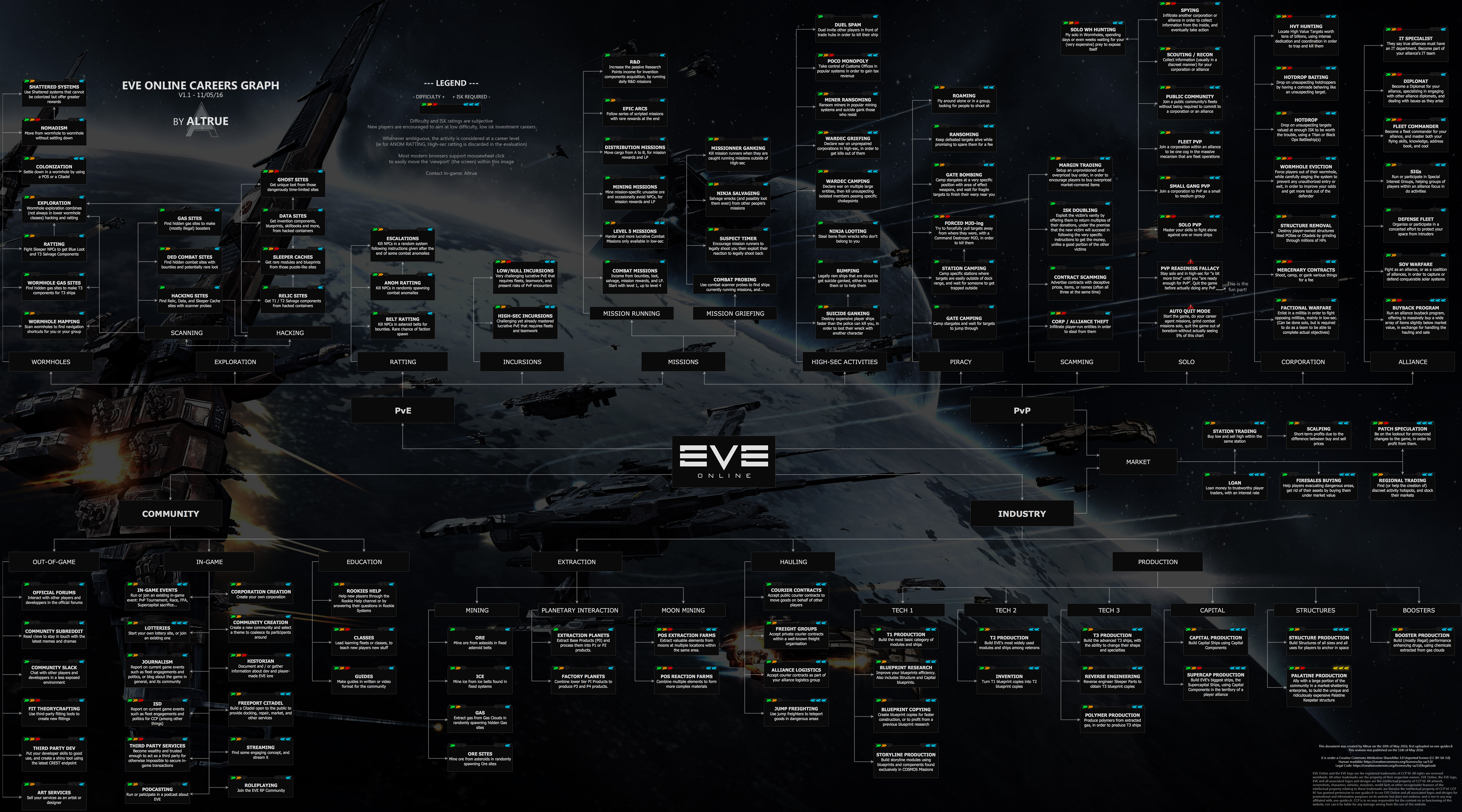

Contains typeID, name, description, marketGroupID. Not that itemID is not typeID.ĭefines the types in the game like market items and celestial objects. Information about itemID and typeID, and some othersĪ small file about meta group ids, such as Tech I, Tech II, Faction, Officer, etc Shows what processes create what (such as what products a blueprint creates)Ĭontains information about the skills required to manufacture any blueprint.Ĭontains the base maximum amount of BPC runsĬontains information on inventory groups, such as groupID, categoryID, and other metadata Information regarding grapics such as graphicID, graphic location, race, and description.Ĭontains the number of seconds it takes to create a blueprint productĬontains the materials required to create a blueprint productĬontains the outcome and the probability of an invention Provides values for the attributes of a type (how much EM damage does the Mjolnir Cruise Missile do) See dgmAttributeTypes andĮffectID that each typID had, see also 2 Information regarding effects, such as launching missiles, scaling damage, and the effects skills have. What each categoryID is, and a categoryNameĭefines attributes of types (like CPU Load, Powergrid Usage, EM damage) Information on NPC divisions, mostly deprecated. IDK, maybe names of NPC sturcture groups? RaceID and raceName, iconID and a long and short description (side note, ORE is a race) Also what race each faction belongs to, and some other misc. See certSkillsĬontains information on what race each bloodline belongs to, descriptions.įaction IDs, name, and description. In this case, typeID is the ship, and certID is the certificate. If you have any issues, pop me a message here Asgore Astroficus ( talk).Ĭontains information regarding agents such as location, corporation, type, level, and locator (boolean) I hope this short guide helped you somewhat get into the SDE, I might write one for the Fuzzwork conversions soon.

The data will be a dictionary, and the rest from here should be relatively simple, it should just be navigating through the data as if it was a dictionary. Hopefully now if you print out the blueprints variable, your console will be filled with sweet, sweet data and the taste of success. Now that PyYAML is installed, we need to use it to parse our file, we have already opened it, so it should just be a matter of parsing it with PyYAML, which can be done by blueprints = yaml.load(f, Loader=yaml.FullLoader), remember to have import yaml at the top of your. If you having issues, contact me at Asgore Astroficus ( talk) or have a look at this article.
#EVE ONLINE FUZZWORKS INSTALL#
Step 2: Reading the file Step 2.1: Installing PyYAMLĪssuming you're using pip, this should be as simple as pip install pyyaml. Next, open the file using your desired programming language, I'm going to use python, so to open this I'll run with open("fsd/blueprints.yaml", "r") as f.

This file contains all the information required to build an industry cost predictor.
#EVE ONLINE FUZZWORKS HOW TO#
This is not a guide to Python or programming, if you don't know how to program, there are tons of resources to learn to code, there are a few of my favorites in the External Links section down below, if your having issues, contact me at Asgore Astroficus ( talk).įirstly, find the file containing the data you need, for this example, I'm going to use fsd/blueprints.yaml. How to implement the original SDE into your application Step 0: Preface The EVE Swagger Interface intends to have endpoints to account for all of the SDE, currently, it's not quite there yet, and the SDE is needed for many projects. Once extracted the files can be opened in the appropriate application that supports the file format. bz2 files in linux, and something like 7-zip for either format in windows. To extract data from compressed files, use tar for. They can be found at Fuzzwork under SDE or more directly at Individual table data can be found in CSV and SQL (MySQL) formats here Opening a file from Fuzzwork SDE Conversions To aide fellow developers and players in consuming this data without having to extract or convert from YAML or static format every time Steve Ronuken has hosted conversions in PostgreSQL, SQLite, MySQL, MSSQL, and CSV formats.



 0 kommentar(er)
0 kommentar(er)
